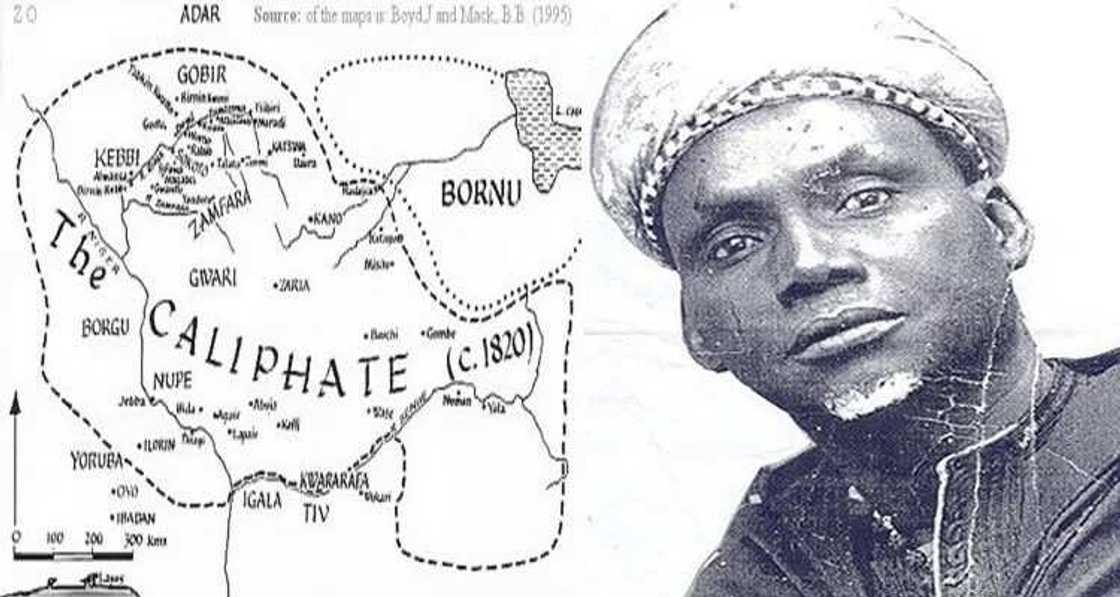
Queen Amina of Zazzau: The Legendary Warrior Queen of Pre-Colonial Nigeria
Queen Amina of Zazzau, also known as Queen Amina of Zaria, is one of the most celebrated figures in Nigerian history. Known for her exceptional military skills, strategic prowess, and leadership, she expanded the boundaries of her kingdom, making Zazzau (present-day Zaria) one of the most powerful city-states in the Hausa region. Amina’s legacy as a warrior queen has inspired generations, symbolizing the strength and resilience of African women in history.
Early Life and Background
Queen Amina was born in the 16th century to the royal family of Zazzau, one of the seven Hausa city-states that were part of the Hausa Bakwai in what is now northern Nigeria. Her father, Bakwa Turunku, was the ruler of Zazzau, and Amina was groomed for leadership from a young age. According to Hausa traditions, Amina showed an early interest in military affairs, training with the warriors of her father’s court and quickly distinguishing herself as a skilled fighter and strategist.
Amina’s mother, Queen Bakwa of Turunku, was a strong leader in her own right, and her influence inspired Amina’s sense of duty and responsibility. After her father’s death, Amina’s brother, Karama, took the throne, while Amina served as the chief warrior. Her role in the kingdom’s military established her reputation as a fearless leader long before she ascended to the throne.
Reign and Military Expansion
Upon the death of her brother, Amina became the ruler of Zazzau. She dedicated her reign to expanding the kingdom’s territory and influence across northern Nigeria and beyond. Amina’s military campaigns are said to have reached as far as the Nupe and Kwararafa kingdoms, bringing much of the Hausa region under Zazzau’s control.
Queen Amina’s leadership style was marked by her active participation in battles. She led her armies personally, and her tactics were often swift and decisive. One of her notable achievements was the fortification of the cities she conquered. Amina ordered the construction of walls, known as ganuwar Amina, around key cities as a defense against invasion and a means to solidify Zazzau’s dominance.
Strategic Alliances and Economic Strength
Amina’s campaigns were not solely for territorial expansion but also for economic gains. She ensured that Zazzau controlled vital trade routes that facilitated commerce with other Hausa city-states, as well as trans-Saharan trade with North Africa. Her expansionist policies brought wealth to Zazzau, establishing it as a significant trading hub where goods like salt, cloth, and horses were exchanged.
In addition to military strength, Amina utilized diplomacy to create alliances with neighboring states, allowing Zazzau to maintain peace in the region while reaping the economic benefits of trade. This economic strength enabled Amina to build a more prosperous and secure kingdom, which contributed to Zazzau’s lasting influence in the region.
Legacy of Queen Amina
Queen Amina’s reign left a lasting impact on Hausa society and Nigerian history. She is often remembered as a symbol of courage, ambition, and resilience. The fortifications attributed to her, the ganuwar Amina, can still be seen in parts of northern Nigeria today, a testament to her strategic vision and emphasis on defense.
Despite the limited documentation of her life, Amina’s legacy has been preserved through Hausa oral history, folk tales, and legends. Her story continues to be celebrated in Nigerian culture, inspiring works of literature, drama, and art. The memory of Queen Amina serves as a source of pride and inspiration, particularly for women, highlighting the powerful roles that women have played in African history.
A Symbol of Empowerment
Today, Queen Amina is celebrated as a feminist icon and a national heroine in Nigeria. Her story challenges the traditional narratives of African history by showcasing the strength and agency of African women. Queen Amina’s legacy represents a call for empowerment and recognition of women’s contributions to society, and she is honored as one of Nigeria’s historical icons.
Conclusion
Queen Amina of Zazzau was a remarkable leader whose military skill, strategic mind, and dedication to her people have made her one of the most legendary figures in Nigerian history. Her influence extended far beyond her kingdom, shaping the political and economic landscape of the Hausa states. As a warrior queen, her legacy endures as a symbol of power, courage, and resilience, a testament to the rich history of Nigeria and the vital roles played by women in its development.



